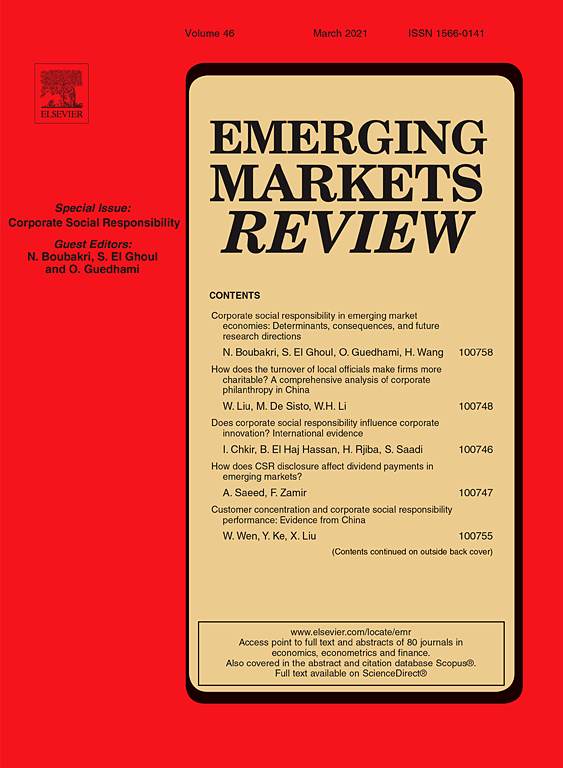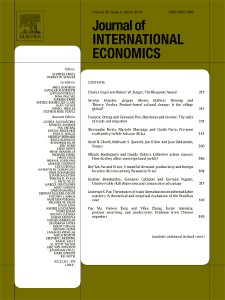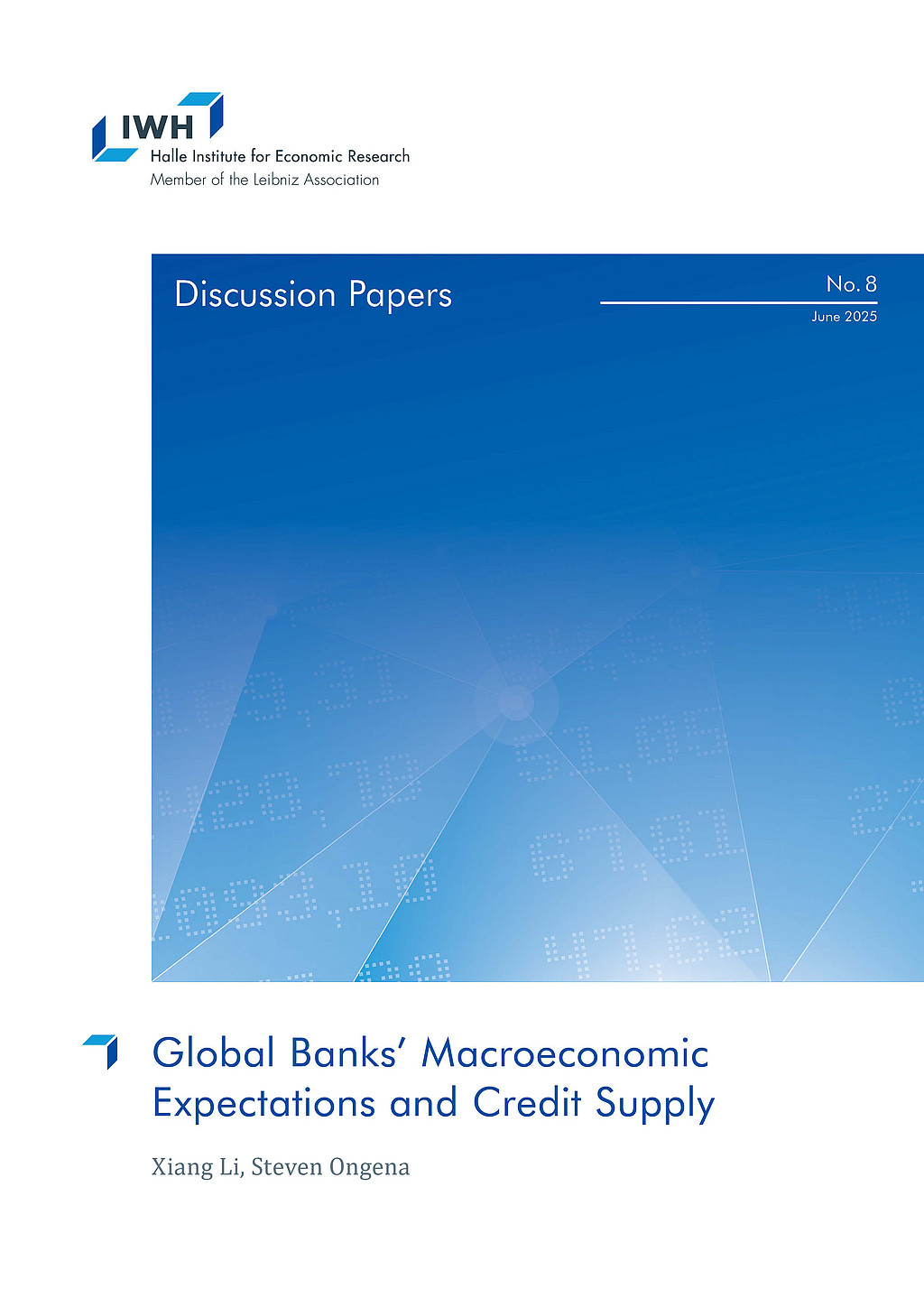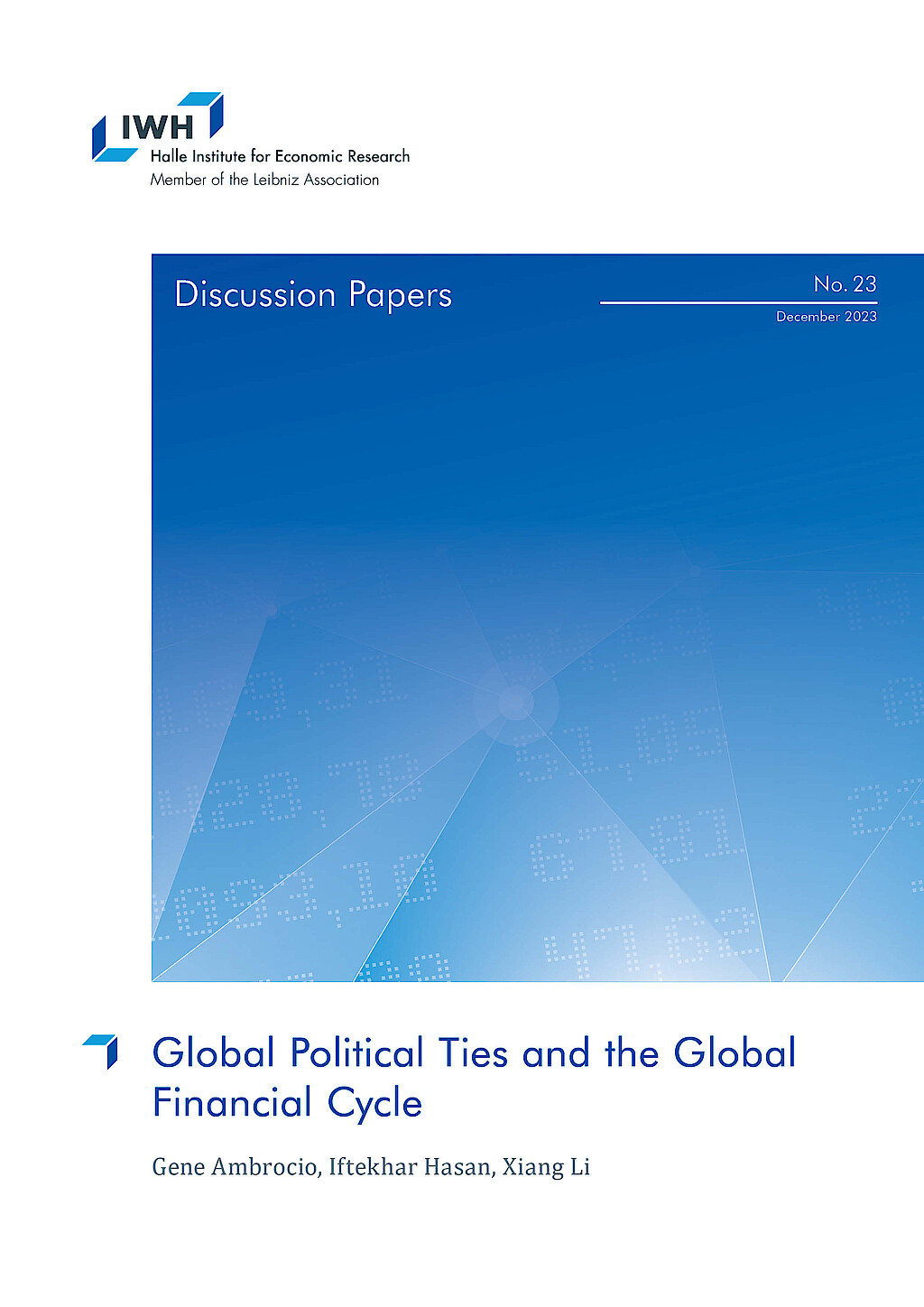Professorin Xiang Li, Ph.D.

Aktuelle Position
seit 1/19
Leiterin der Forschungsgruppe Internationale Integration der Finanzmärkte, Wirtschaftswachstum und Finanzstabilität
Leibniz-Institut für Wirtschaftsforschung Halle (IWH)
seit 4/25
Professorin
Universität Leipzig
seit 10/18
Mitglied der Abteilung Makroökonomik
Leibniz-Institut für Wirtschaftsforschung Halle (IWH)
Forschungsschwerpunkte
- internationale Finanzen
- chinesische Wirtschaft
- Makroökonomik offener Volkswirtschaften
Xiang Li ist seit Oktober 2018 wissenschaftliche Mitarbeiterin der Abteilung Makroökonomik am IWH und seit April 2025 Professorin an der Universität Leipzig. Sie widmet sich der Frage, welche Rolle multinationale Unternehmen bei der Weitergabe globaler Finanzschocks spielen. Xiang Li ist eine von bundesweit acht Wissenschaftlerinnen, die im Leibniz-Professorinnenprogramm 2024 gefördert werden. Die Leibniz-Gemeinschaft unterstützt mit dem Programm international hervorragend ausgewiesene Wissenschaftlerinnen aller Disziplinen.
Xiang Li studierte und promovierte an der Peking University und war von 2018 bis 2024 in gemeinsamer Berufung mit dem IWH Juniorprofessorin an der Martin-Luther-Universität Halle-Wittenberg.










